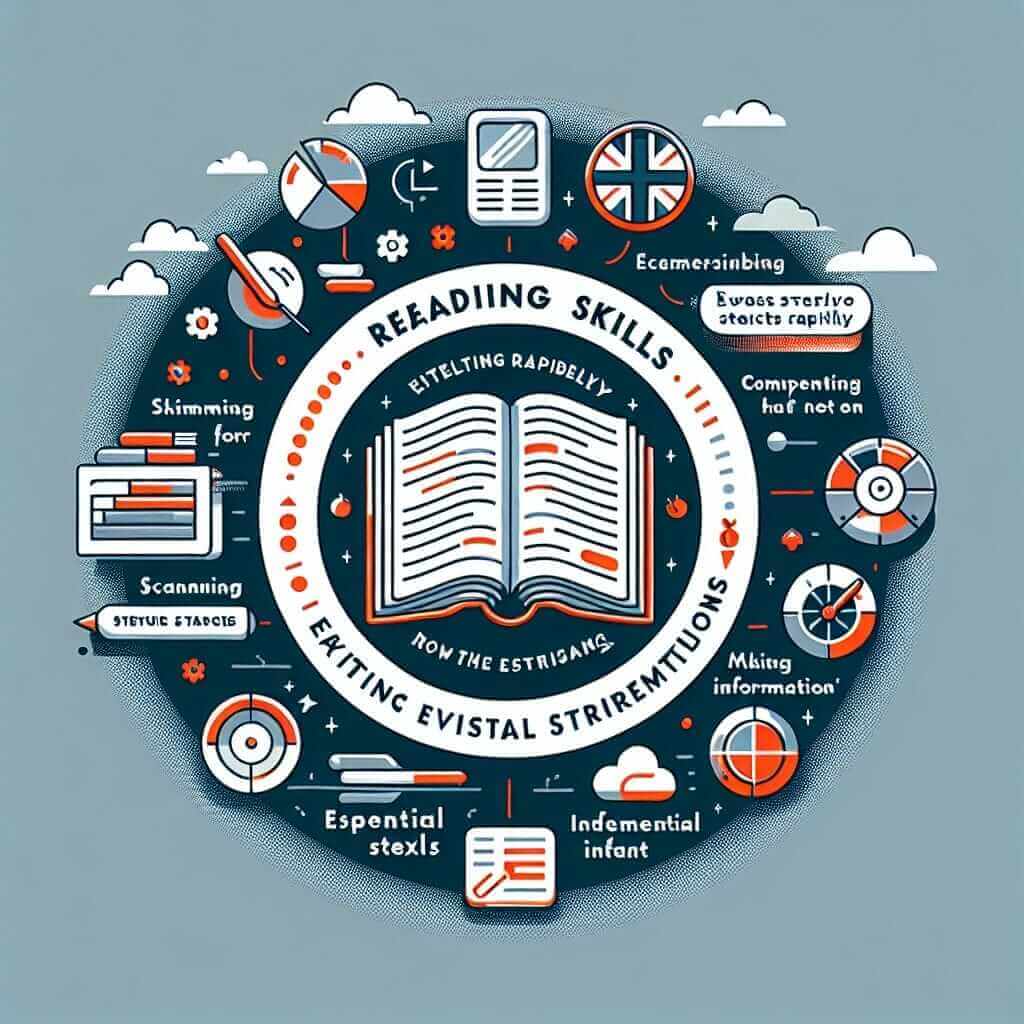As an IELTS instructor with over 20 years of experience, I often encounter students fixated on finding the “perfect” answers to IELTS reading passages. One such passage that sparks much curiosity is titled “What Happiness Is.” This article aims to shed light on approaching this type of reading passage effectively, focusing on understanding the text rather than memorizing answers.
Decoding “What Happiness Is” and Similar IELTS Reading Passages
The key to successfully tackling an IELTS reading passage, especially one focused on a complex theme like happiness, lies in understanding the assessment’s core objectives. Remember, the test doesn’t expect you to be an expert on happiness itself. Instead, it evaluates your ability to:
1. Identify Key Information
The “What Happiness Is” passage, like others, aims to test your ability to locate specific information within the text. This might involve:
- Identifying the writer’s main arguments and supporting evidence: What are the different perspectives on happiness presented in the text?
- Finding specific details: What examples or research findings are cited regarding happiness?
- Understanding the relationship between different ideas: How do the various concepts related to happiness connect within the passage?
2. Grasp Vocabulary and Tone
Expect to encounter vocabulary related to psychology, sociology, or even philosophy in a passage about happiness. The IELTS exam assesses your ability to:
- Deduce the meaning of unfamiliar words: Can you use context clues to understand unfamiliar terms related to happiness?
- Identify the writer’s tone and purpose: Is the text presenting a neutral overview, a persuasive argument, or a critical analysis of happiness?
3. Apply Comprehension Skills
You’ll need to showcase your ability to process information efficiently and accurately. This involves:
- Skimming and scanning: Can you quickly locate specific information within the text?
- Understanding text structure: How does the passage flow? Are there cause-and-effect relationships, comparisons, or chronological sequences presented?
- Drawing inferences and conclusions: Can you go beyond explicitly stated information to understand implied meanings related to happiness?

Strategies for Success
While you can’t predict the exact questions about “What Happiness Is” or similar passages, the strategies below can significantly improve your performance:
-
Active Reading is Key: Don’t just passively read the text. Highlight key information, make brief notes in the margin, and actively try to identify the writer’s main points and supporting evidence.
-
Vocabulary Building: Regularly expand your vocabulary, especially in fields related to common IELTS themes like psychology, sociology, technology, and the environment.
-
Practice Makes Perfect: Familiarize yourself with various IELTS reading question types (multiple choice, sentence completion, matching headings, etc.) and practice them consistently.
-
Time Management is Crucial: Allocate your time wisely during the exam. Don’t spend too long on a single question or passage.
Example:
Let’s consider a potential question from a passage about “What Happiness Is”:
The passage discusses several factors that contribute to happiness. Which of the following is NOT mentioned as a factor?
- A. Strong social connections
- B. Financial wealth
- C. A sense of purpose
- D. Achieving fame
To answer this question, you need to recall your reading of the passage. Perhaps the text emphasized social connections, purpose, and even touched upon the complex relationship between wealth and happiness. However, “achieving fame” might have been absent or even presented as a less significant factor. This active recall and elimination process is crucial for accurate answers.
In Conclusion
Don’t get caught up in searching for specific answers to passages like “What Happiness Is.” Instead, focus on building your reading comprehension skills and vocabulary. Remember, the IELTS reading test aims to assess your ability to understand and analyze information presented in a variety of texts.